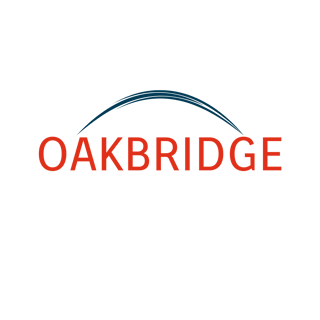Unlock Your Leadership Potential:
Leadership Evaluation & Awareness Diagnostic (LEAD)
Lead yourself and your team with confidence.

Strong Leadership Starts with Strong Behaviours
Strong leadership is built on a foundation of behaviours rather than titles or positions. Leadership behaviour shapes how an organisation sets direction, represents itself and achieves results.
Effective leaders start by leading themselves, demonstrating self-awareness, integrity and consistency before they can successfully lead others. They model the values they expect from their teams, creating trust and credibility that inspire people to follow.
Leadership also means taking people with you: creating the vision, clarity of purpose, and building the commitment needed to turn ambition into reality. It requires guiding change with empathy and determination, ensuring people feel heard and supported as the organisation adapts and evolves.
At its core, leadership is about making thoughtful decisions under pressure, staying true to organisational values and representing the organisation with integrity. It is the balance of setting direction, motivating people, and delivering results that defines effective leadership.
Leadership Behaviours and Why They Matter
The behaviours in this self-assessment describe the practical actions that effective leaders consistently demonstrate. Leadership is not a single event or quality; it is a series of recognisable behaviours that build trust, inspire commitment, drive change, and deliver results.
Grounded in a strong evidence base, each behaviour is linked to decades of leadership application and research. Studies show that when leaders model these behaviours, they create conditions for higher employee engagement, stronger team performance and better organisational outcomes.
Leading Self – Acting with transparency and reliability, leading with values and fairness, staying approachable and open.
Leading the Team – Valuing and supporting individuals, empowering people to take ownership, motivating the team, aligning teams around shared goals.
Leading the Organisation – Building relationships, finding solutions to organisational challenges, building a common purpose, making clear and timely decisions.
Leading for the Future – Promoting innovation and fresh thinking, leading change, creating a learning environment.
Together, these behaviours capture what the research tells us about effective leadership: it is about setting direction, taking people with you, staying true to values, and achieving results.

